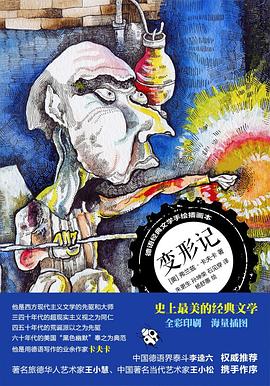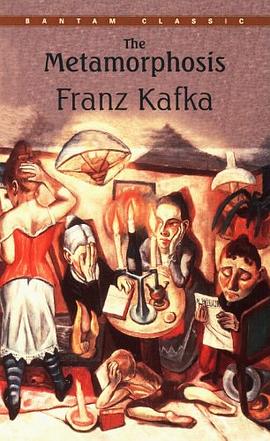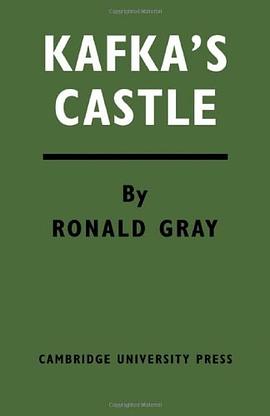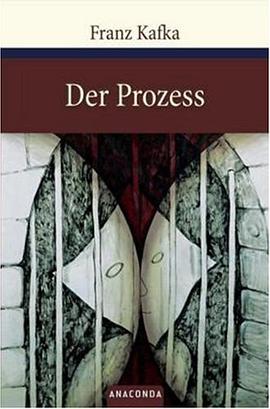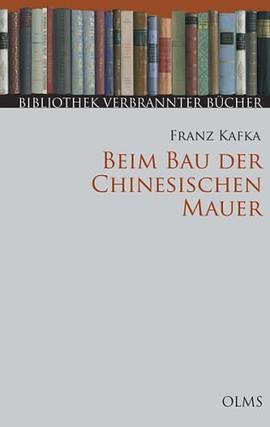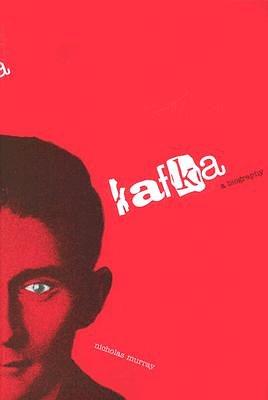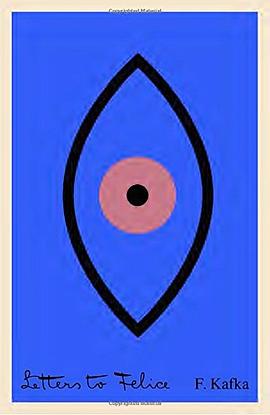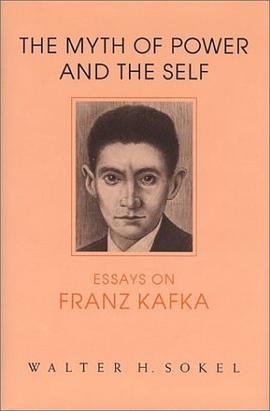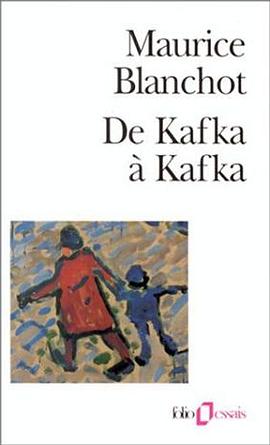

在綫閱讀本書
Book Description
Arriving in a village to take up the position of land surveyor for the mysterious lord of a castle, the character known as K. finds himself in a bitter and baffling struggle to contact his new employer and go about his duties. As the villagers and the Castle officials block his efforts at every turn, K.’s consuming quest–quite possibly a self-imposed one–to penetrate the inaccessible heart of the Castle and take its measure is repeatedly frustrated. Kafka once suggested that the would-be surveyor in The Castle is driven by a wish “to get clear about ultimate things,” an unrealizable desire that provided the driving force behind all of Kafka’s dazzlingly uncanny fictions.
Translated by Willa and Edwin Muir
Amazon.com
They are perhaps the most famous literary instructions never followed: "Dearest Max, my last request: Everything I leave behind me ... in the way of diaries, manuscripts, letters (my own and others'), sketches, and so on, [is] to be burned unread...." Thankfully, Max Brod did not honor his friend Franz Kafka's final wishes. Instead, he did everything within his power to ensure that Kafka's work would find publication--including making some sweeping changes in the original texts. Until recently, the world has known only Brod's version of Kafka, with its altered punctuation, word order, and chapter divisions. Restoring much of what had previously been expunged, as well as the fluid, oral quality of Kafka's original German, Mark Harman's new translation of The Castle is a major literary event.
One of three unfinished novels left after Kafka's death, The Castle is in many ways the writer's most enduring and influential work. In Harman's muscular translation, Kafka's text seems more modern than ever, the words tumbling over one another, the sentences separated only by commas. Harman's version also ends the same way as Kafka's original manuscript--that is, in mid-sentence: "She held out her trembling hand to K. and had him sit down beside her, she spoke with great difficulty, it was difficult to understand her, but what she said--." For anyone used to reading Kafka in his artificially complete form, the effect is extraordinary; it is as if Kafka himself had just stepped from the room, leaving behind him a work whose resolution is the more haunting for being forever out of reach.
From Library Journal
Upon his death in 1924, Kafka instructed his literary executor, Max Brod, to destroy all his manuscripts. Wisely refusing his friend's last wishes, Brod edited the uncompleted Castle, along with other unfinished works, ordering the fragments into a coherent whole, and had them published. Brod's interpretation of the work as a novel of personal salvation was accepted and strengthened by Willa and Edward Muir, who translated it into English in 1930. Recent scholarship, less willing to accept Brod's version, has led to a new critical edition of the novel, which was published in German in 1982 and which purports to be closer to Kafka's intentions. Harman's translation represents this edition's first appearance in English. Harman's stated goal as translator is to reproduce as closely as possible Kafka's style, which results in an English that is stranger and denser than the Muirs' elegant work. A necessary acquisition for anyone interested in Kafka.
Michael O'Pecko, Towson State Univ., Md.
About Author
The son of a well-to-do merchant, Franz Kafka was born in Prague in 1883 and died of tuberculosis in a sanitorium near Vienna in 1924. After earning a law degree in 1906, he worked most of his adult life at the Workers Accident Insurance Company for the Kingdom of Bohemia in Prague. Only a small portion of his writings were published during his lifetime; most of them, including the three unfinished novels, Amerika, The Trial, and The Castle, were published posthumously.
Mark Harman holds a Ph.D. from Yale University and has taught German and Irish literature at Oberlin and Dartmouth. In addition to writing scholarly essays on Kafka and other modern authors, he has edited and co-translated Robert Walser Rediscovered: Stories, Fairy-Tale Plays, and Critical Responses and has translated Soul of the Age: Selected Letters of Hermann Hesse, 1891-1962. He teaches literature at the University of Pennsylvania.
Book Dimension :
length: (cm)20.3 width:(cm)12.7
具體描述
讀後感
又有一個同事從德國齣差迴來瞭。吃午飯的時候,大傢腦海裏浮現的都是那清冷的、幾十年也許都不會有什麼變化的街道,還有那德國特有的潮濕陰冷的天氣。同事Y總結得比較直白:做德國人多沒意思啊,一輩子也就那樣瞭。 沒錯,要是把俺擱那兒擱個一年半載的,準會憋瘋。但是迴頭想...
評分 評分這不是一篇正式的評論,隻是我看書時候做得一些筆記,文筆手法上也沒什麼渲染,病句錯字也有,應該很多(笑),但其中有一些自己最直接最真實的想法的記錄。拿齣筆記的後半部分。有心思能看完者我想也不多吧。筆記以原著的章節為順序,對內容作瞭123....的分彆討論 我的臥室...
評分整個九月我都在閱讀這個小說。這是我讀的第三篇卡夫卡的小說,第一篇為《一次鬥爭的描述》,閱讀的結果以失敗而告終,我完全被他的語言所擊敗。第二篇為《飢餓藝術傢》,很好讀,故事富有連貫性。第三篇則是這個長篇《城堡》。 我知道我遲早要接觸這個現代派的源頭,我花瞭...
用戶評價
this vervison.
评分this vervison.
评分this vervison.
评分this vervison.
评分this vervison.
相關圖書
本站所有內容均為互聯網搜索引擎提供的公開搜索信息,本站不存儲任何數據與內容,任何內容與數據均與本站無關,如有需要請聯繫相關搜索引擎包括但不限於百度,google,bing,sogou 等
© 2025 onlinetoolsland.com All Rights Reserved. 本本书屋 版权所有

